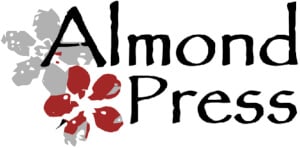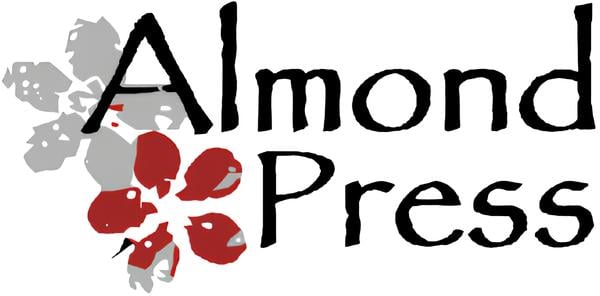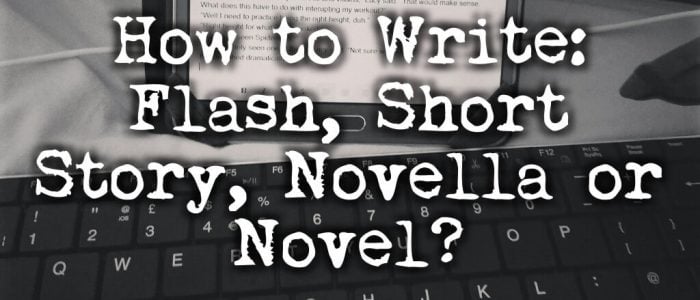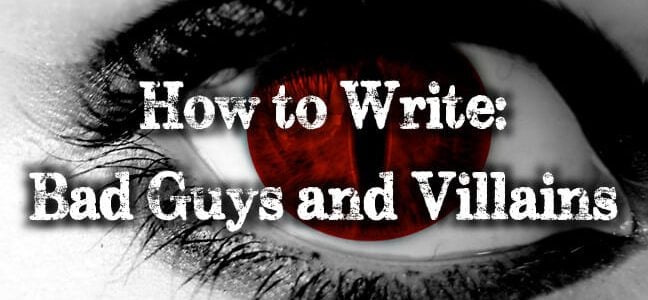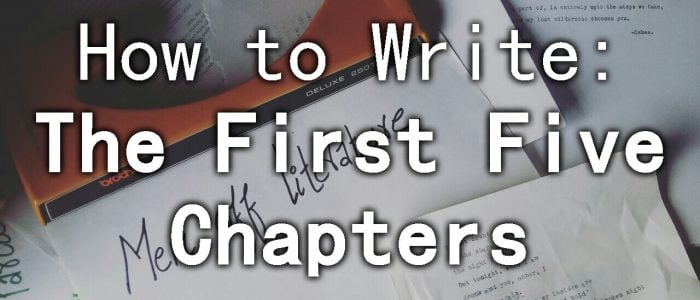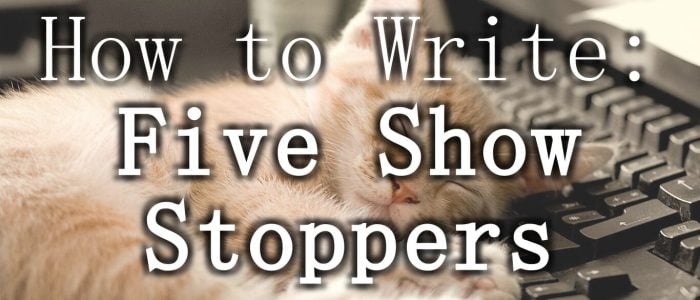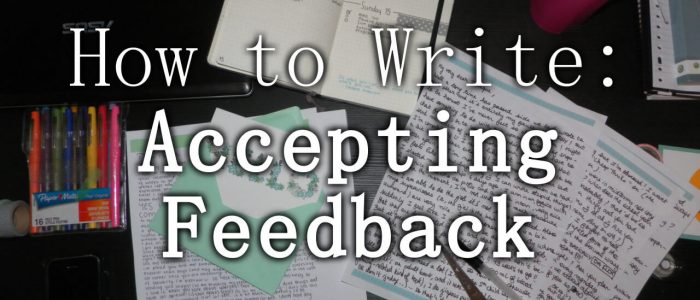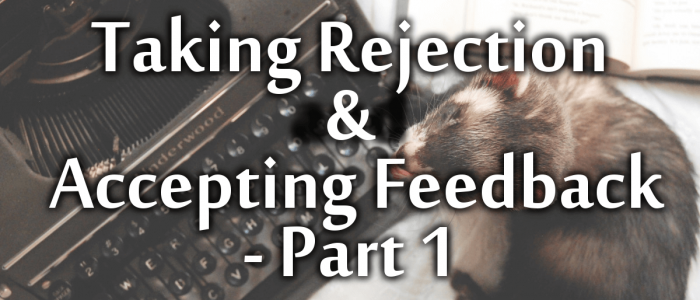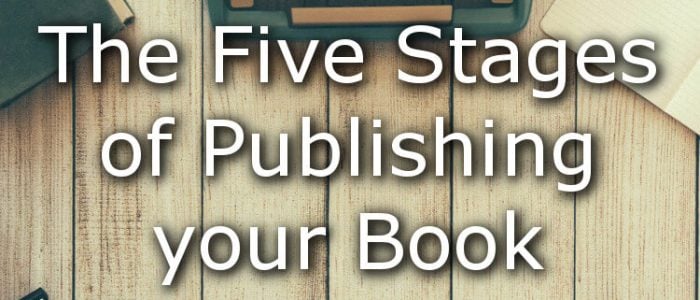Novels. Novelettes. Flash fiction. Novellas. Micro fiction. Short stories. What’s the difference? Well, primarily it’s length. However…as you’re probably already aware (and tearing your hair out over), every publisher and editor has their own guidelines on lengths. Before you write for a submissions call or submit to a publisher, check to see what category you fall into, and what length that particular publisher is looking for. Here’s some rough guidelines for the lengths of each category. Micro fiction 500 words or less. There are specific categories within this, including six-word stories and 100-word stories, and a host of other names – you might have come across ‘sudden fiction’, ‘short short story’ and ‘immediate fiction’. Flash fiction 500 – 1000 words, but ‘flash’ often includes micro fiction too, so it’s usually anything below 1000 words. If in doubt, check the submission guidelines or with the publisher. Short stories Usually between 2,000 and 10,000 words. Most publishers prefer 3,000 – 8,000 words, so aiming for the 4-5k mark is pretty safe. Novelette 8000 – 20,000 words, ish. Essentially, novelettes fall into the gap between short stories and novellas. They’re a pretty new category, and you’ll likely have a hard time publishing these if you don’t already have a market. Novella 30,000 to 50,000 words, with the usual aim-for length being 40,000 words. Novellas used to be a hard sell but they’ve grown in popularity over the last five years. Novel 50,000 to 150,000 words. You can aim higher, but you’re likely to end up with a book more suited to beating someone over the head with than actually reading. If you’re hitting the 200k mark or above, consider splitting the book into two, or writing a series. Ideally, you want to aim for 80 – 100k words for a standard novel, which… read more →
Or, why the bad guy doesn’t think he’s bad. [NB. I’m using “he”, but please take this as non-gender and -species specific; Evil Masterminds of Doom can be anyone or anything, after all.] So, your villain. He wants to Take Over The World, Kill Everyone, Create An Army of The Undead, or *insert plot here*. Ok, that’s great! Gives the hero something to fight against. But he wants to do all that simply because…he’s Evil? Really? That’s it? There are no true Bad Guys If history has shown anything, it’s that the bad guys don’t think they’re bad. The only difference between The Evil Dictator Who Destroyed The World and The Benevolent Ruler Who Brought Us Peace is what stories get told and what people believe. There’s always motivations and drivers behind the worst of actions; we might judge them as insane or warped, but very few things are ever done on a whim. What’s their background? Real motivations make for exceptionally awesome villains. Yes, you can have base motives – revenge, or lust, or desire for power – but give them some background. Why do they hate big-footed dwarves so much? How did they get hold of the technology to create sharks with frickin’ lasers on their heads? Why do their minions trust them? And didn’t someone notice that Maniacal Laugh sooner? Tie into the bigger world The idea of rationality behind evil feeds into worldbuilding, too. Where’s the money coming from to buy all those Mechanised Soldiers Of Doom? Is the Super Baddy actually a good enough leader to keep hold of power once he’s gained it? What do you do to stop the Undead Hordes from getting bored once you’ve conquered wherever it is? And if you Kill All Humans, won’t it get a bit boring around… read more →
When you send a submission, different publishers ask for different things. However, it will usually be at least the first 10,000 words, which should be your first 3-5 chapters. This is what the editor will read and what they will use to decide if your book is any good, and then decide if they want to read the rest of it. And it’s not just the editor; later on, the reader will do exactly the same thing. Ever flicked through the first chapter in a bookshop or read it on Amazon? What made you want to continue and buy the book? What made you put it down and move on? It’d be your impression from the first chapter or two. Basically, the start of your book is pretty freakin’ important for giving a first impression. Have a think about the first five chapters of your book. Have a think about any critique you’ve received. And if you’ve ever uttered any of these phrases or you think they might apply to you, please take a long, hard look at your work… “It gets better later…” I can and will stop reading. If you haven’t hooked my attention in the first five chapters, then you’ve lost me. The same goes with the longer view; if you don’t grab me with the first book, why am I going to read until Book 5 of your series when the ‘real’ action starts? You need to get me interested now. “This is just the prologue…” So why are you starting here? Start with the action! Start with the story! Tell me the parts you find fascinating! When you become a millionaire best-seller you can always do a “pre-story” novel or novella or something, but for now – get to the interesting bits. “Oh, you’ve got… read more →
There’s a lot of things that can stop you writing. Sometimes it’s real life, which can’t usually be helped; if the cat decides to spill a glass of water on your laptop, that does put a crimp in your ability to type. But sometimes the show-stoppers are either in your head, or in your writing. Here’s five things that your head might be telling you, and some suggestions to overcome them. I’m not good enough. That brilliant writer that you want to be like? The one with best-selling novels? Or even just the last piece you read on Tumblr, the snippet of something on Facebook? You’re thinking that you’re not as good as them, you can’t do it, what’s the point of trying… Stop for a moment, and consider how long they’ve likely been writing. How long have they had to practise, and to hone their craft? Writing is a skill like any other; it can be learned and it can be improved. How many drafts and tears and moments of doubt has that best-selling novel gone through? How many edits and revisions? You aren’t that good. Not yet. But you won’t ever be that good unless you start practising. Try. Experiment. Play. And practise, practise, practise. Everyone’s going to hate it Ugh, the invisible audience. I think this is possibly the voice that I hate most; the feeling that whatever you do, someone is going to criticise – and it’s usually yourself! I’ve got a couple of ways round this. Write for yourself. Yell back at the voices; pretend no-one else will ever see it, that it’s only for you. Or, if you’re the most critical, write for a friend who’ll forgive the errors and just wants to read your story. Things like #2BitTues and #1LineWed on Twitter; they’re… read more →
So, for the second post on “giving your writing to the outside world“, we’re looking at how to take feedback. Feedback is one of the most important parts of writing, and one of the hardest things to find and to accept. Your work is personal; it’s your talent, your soul, that goes into something…and then to hand it over to someone else and ask them to point out the flaws? Eeek! But you can’t write in a vacuum; you need other points of view. Your work is better for having outside opinions, and your writing will improve. If nothing else, you need readers – your work is going to be read at some point! It’s better to have the comments while you’re still able to change things than after it’s been published and you see the comments on Amazon… So, some things to remember when you’re looking through feedback: Not every reader is right for you and your work Some people don’t like a certain genre or style; some people simply don’t give the kind of feedback you need; and some people unfortunately see “critique” as “criticism”, and therefore tend to be very negative. It’s ok to pick and choose who reads your work. Be specific about what you want If you only want to know about the plot, let your reader know. If you’re planning on re-writing huge sections, say. If you consider the writing finished and just want a proofread, tell them. You’ll get more out of it, and you’ll avoid frustrating your reader when they’re reading something you’ve already planning on changing, or definitely don’t want to change. They are not attacking you! They are trying to improve your work. Critique is a learning experience, and is aiming to tell you both what you’re doing well and what… read more →
For the next two posts in this series, we’re going to have a look at how the outside world reacts to your writing – and, more importantly, how you react to that. There’s two parts; this one is focusing on taking rejection, and the second will focus on how to take critique and feedback. So, you’ve written something. It’s awesome! Now you want to get it out into the world. So, you submit it to a writing competition, an agent, a publisher, an anthology… And it gets rejected. Let’s face it, this frickin’ sucks. You wrote something amazing, and they hate it? Nooooo! So what’s the best way to deal with it? Everyone gets rejected The most famous writers have stories of the piles of rejection letters they’ve received, and I suspect that every single publishing house has rejected someone who’s later gone on to be famous. You’re not alone. It’s ok to feel bad Grab some ice cream and have an evening off to wallow. You work’s awful and everyone hates it! They just didn’t understand it! You’ll never get published! And then get back up, and get on with it. Rejections suck, but even best-selling authors get them. Have a pity party, and then dust yourself off and keep going. Treat it as a learning experience Take a long, hard look at your work. Was it simply that the publisher didn’t think it fitted, or could you actually have submitted something better? What needs improvement? If they’ve given you feedback, take time to consider it. But… Don’t argue It’s really hard to fight the urge to defend your work, particularly if you’ve been given feedback, but it really doesn’t help! If your work has been rejected, there is nothing you can say that will change the reviewer’s mind. Take the… read more →
I’ll start with a disclaimer and some credentials; I’m involved in the submissions and editing process for Grimbold Books, my publisher. It’s a small indie press, which in many ways is wonderful – anyone involved get to do a bit of everything! But it’s really made me realise that when I first started submitting writing to publishers, I had absolutely no idea of the process that goes on once your writing has hit the submissions inbox. Surely they just…read it? And then publish it? Well, yes…sort of. But it’s a bit more complicated than that. So, before you do any of this, go and read 5 Questions to Ask Before Submitting a Short Story. It applies to novels, too! Stage 1: Submission Read the subs guidelines! I know they’re annoying and it’s a pain to have to format (I submit too, so I have a lot of sympathy for the never-ending task of re-formatting things) but it really does make reading easier. And on the same note, please send the amount asked. If the guidelines wants 10,000 words, a little under or over is fine…but don’t send your entire manuscript. Having a synopsis is nice; it gives us some idea of how the story unfolds. We often won’t have time to read the entire thing, so the first 30 pages and a synopsis is excellent. Tell us something about you; you don’t have to seem quirky, but just some insight into who you are is nice. However, your work will speak for itself, so if (like me) you’re fairly self-conscious when it comes to showing off, you won’t miss out by not giving a huge bio. And lastly (again) – read the guidelines! You want to make the publisher’s job as easy as possible – and that means sending what… read more →
Almond Press publish a variety of short stories, so I thought I’d take a look at some classical short stories that everyone should read.
The world is – and always has been – full of stories that describe the world after an apocalypse. In religion it’s often a way to start over. In the bible it’s up to Noah, to built a new post-apocalyptic world after the flood has washed away all civilization. When ‘Ragnarok’, de final battle in Scandinavian mythology, has ended up in the death of almost all the gods, creatures and people, it’s up to two people hiding in a tree to climb down and reshape their world. And so we can continue throughout history, reading the stories of new worlds and life after the decline. We can go all the way from the bible to ‘the hitchhikers guide to the Galaxy’ and ‘The Road’. A rise in post-apocalyptic novels Since the success of ‘The Road’, the praised novel by Cormac McCarthy, there has been a rise in the popularity of post-apocalyptic writing. Jason Heller gives an extensive list of examples in his article ‘Does Post-Apocalyptic Literature Have A (Non-Dystopian) Future?’ Since then, there are numerous new ways the world could end, and a lot of novels have been adapted for the screen. In ‘I am Legend’, based on the novel by Richard Matheson (1954), 90% of all humans are infected with a virus after a researcher tries to find a cure for cancer. But also major floods, wars between species, climate change and genetically modified ‘super humans’ pop up in all kinds of stories. There are also a lot of novelists that create their stories in a world after a devastating event. In “The Bone Clocks” by David Mitchell we not only have to deal with elements of fantasy but also with a society that – in the near future – has fallen apart. Global society has reached the age… read more →
One of the worst feelings for any writer is staring at a blank page, yet it’s a task I found myself doing more often than I would have liked, especially the first page of every new chapter. My problem wasn’t lack of ideas, or motivation. My problem was I didn’t use a detailed outline. I did have an outline. Sort of. Somewhere, lost in a pile of notes you’ll find a loose sheet of paper with one or two words for each chapter (well . . . at least ten chapters) and a story are sketched out on the other side of the paper, usually accompanied by coffee stains. Because that works for me. All writers fall into two categories, either you’re an outline writer or an organic writer. I’ve also seen them called plotters and pants writers, and George R.R. Martin refers to them as architects and gardeners. Discussing the pros and cons of both might take all day, but in short, an outline writer plans their stories, with meticulous detail, while an organic writer plops their characters on a blank page and allows the story to develop freely. An outline writer rarely keeps the page of any chapter or scene empty for long. I’m an organic writer though, which means I end up staring at a lot of blank pages. I might know what big event needs to happen in the scene, but the details are floating around in the air waiting for me to pull them out. And that’s not necessarily a bad thing. My characters love the potential in that emptiness. Sometimes they love it so much, they have a hard time moving. I’ve spent many mornings writing the first couple paragraphs of a scene, only to delete them and start all over again. Twenty times… read more →
